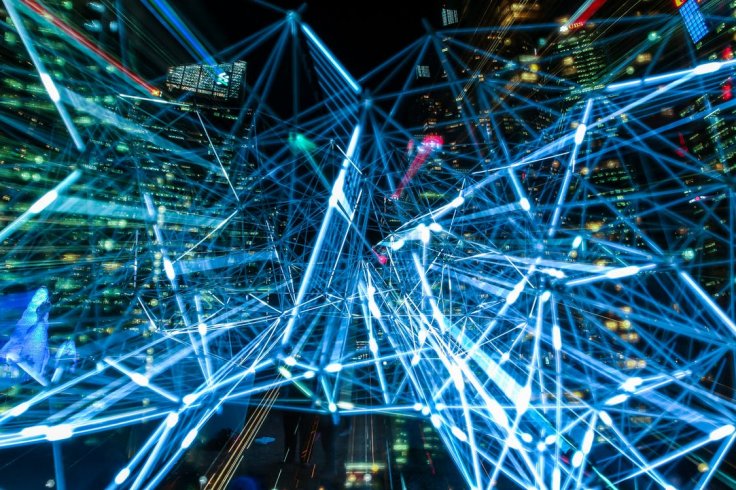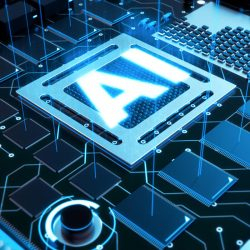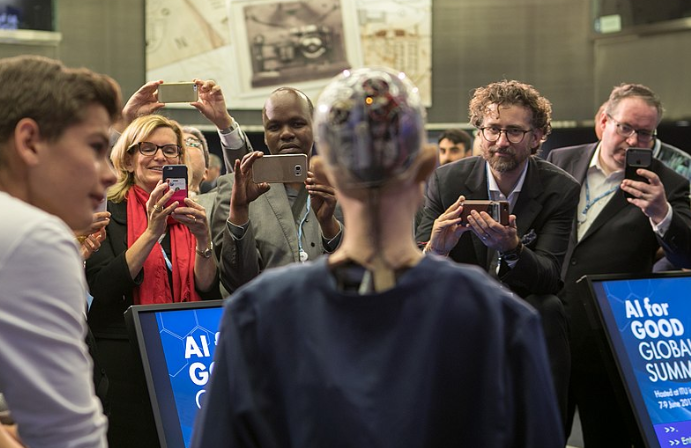Artificial Intelligence (AI) has become an integral part of our lives, influencing various industries and transforming the way we interact with technology. However, despite its widespread adoption, there are still many misconceptions and myths surrounding AI that can hinder its understanding and acceptance. In this article, we will debunk the top five myths surrounding artificial intelligence and shed light on the reality of this rapidly evolving technology.

1. AI is a Recent Phenomenon
Since the time the AI tools like ChatGPT has become popular recently, the common assumption is that the Artificial Intelligence is a latest technology. Contrary to popular belief, the concept of AI is not a recent development. The origins of AI can be traced back to the 1950s, and significant advancements have been made since then. However, recent breakthroughs in computing power, data availability, and algorithmic advancements have accelerated AI's progress and its integration into our daily lives.
2. AI will Replace Humans in the Workforce
One prevalent myth surrounding AI is that it will entirely replace human workers, rendering them obsolete and millions will be jobless once it is in advanced stage. While it is true that AI can automate certain tasks and processes, it is designed to augment human capabilities rather than replace them.

AI excels at handling repetitive, mundane tasks, allowing humans to focus on more complex and creative endeavors. As AI technology advances, new roles and job opportunities are created, leading to a symbiotic relationship between humans and AI. Only probability is it will replace that workforce which does not upgrade its knowledge and skills in the changed scenario.
3. AI is all-Knowing and Infallible
Another common misconception is that AI tools like ChatGPT or BardAI have all the knowledge of the world and they cannot fail or provide incorrect results. While AI systems can process vast amounts of data and provide valuable insights, they are limited by the data they are trained on and the algorithms they employ. AI systems can be prone to biases and errors, as they learn from historical data, which may contain inherent biases. It is crucial to understand that AI systems are tools developed by humans and are not infallible or devoid of biases. Regular monitoring, evaluation, and human oversight are necessary to ensure the fairness and reliability of AI systems.
4. AI will Become Sentient and Take over the World
Science fiction has often portrayed AI as malevolent entities bent on world domination. However, the reality is far from this myth. AI, as we know it today, is based on narrow or specific intelligence, focused on performing well-defined tasks. The notion of AI achieving sentience and consciousness comparable to human intelligence remains purely speculative. Researchers and experts in the field emphasize that AI operates within predetermined boundaries and lacks self-awareness or intentions.
5. AI is only for Tech Giants and Big Corporations
There is a common misconception that AI is exclusively accessible and beneficial to large technology companies or enterprises. In reality, AI technology has become more accessible, affordable, and scalable in recent years. Small and medium-sized businesses, startups, and individuals can leverage AI tools, platforms, and frameworks to develop innovative solutions and enhance their operations. Open-source AI frameworks and cloud-based services have democratized AI, allowing wider participation and innovation in the field.

Artificial Intelligence holds immense potential to enhance various aspects of our lives, from healthcare and transportation to education and entertainment. By debunking these myths, we can have a clearer understanding of AI's capabilities, limitations, and implications. AI is not a magical panacea nor a destructive force, but rather a tool that, when used ethically and responsibly, can empower individuals, businesses, and societies. It is essential to stay informed and engage in constructive discussions to shape the future of AI in a way that benefits humanity as a whole.









